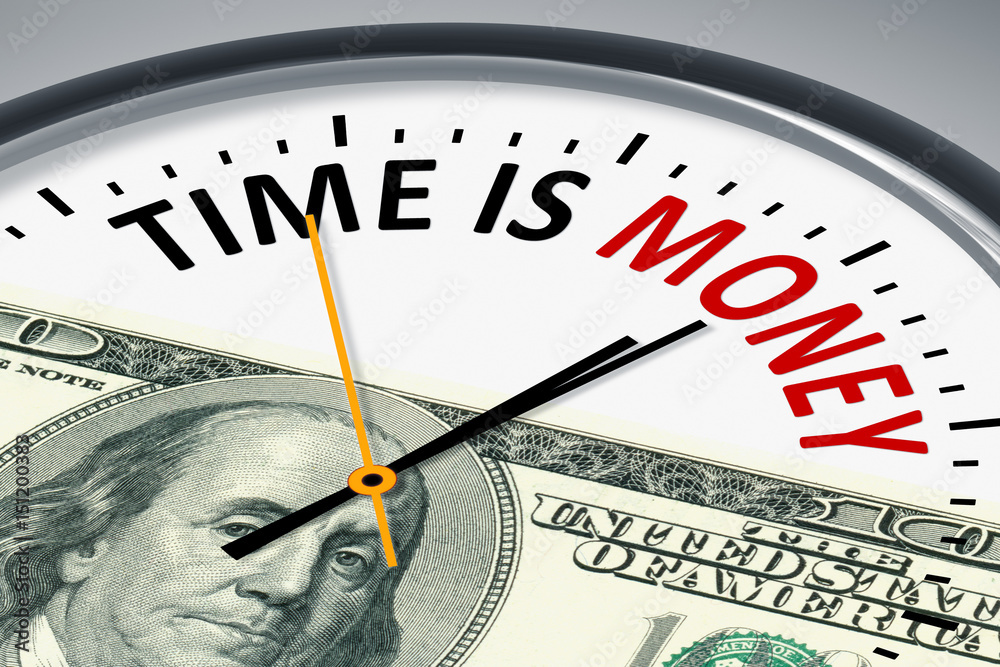TIME IS A PRECIOUS COMMODITY YOU CANT AFFORD TO WASTE
By Carmen Greger
Time is a precious commodity, one that we all have an equal amount of but cannot get more of; It is a finite resource, and once it’s gone, it’s gone for good. That’s why it’s often said that “time is money.” The idea is that every minute spent on something is a minute lost from something else, so it’s important to make the most of the time we have.
One of the most important ways to manage your time is to take a moment as you prioritize your time and be mindful of how you spend it. Ask yourself if the activities you engage in are worthy of the time they take. Are they helping you to achieve your goals or just ‘filling time’? Are they things that you enjoy, or are they just a chore?
Be mindful of the time you spend on social media, watching TV, or playing video games. While these activities can be enjoyable, they can also eat up large chunks of time that could be spent on more productive, fulfilling and impactful pursuits.
Investing your time wisely and make the most of every moment. This might mean setting aside time each day for a specific task, like working on a project or learning a new skill. It might also mean prioritizing your time based on importance, so that you tackle the most important tasks first. You can also invest your time in yourself, by taking care of your physical and mental health, such as exercise, meditation, or spending time with loved ones.
Time management is simply essential in the workplace. Employees who can effectively manage their time are more productive, less stressed, and better able to meet deadlines. To help manage your time at work, you might consider using a time-tracking tool, like a to-do list or a calendar, to keep track of your tasks and deadlines. You might also try batching tasks, so that you can focus on one type of task for a set amount of time, before moving on to the next.

One of the biggest time wasters in the workplace is unproductive meetings. To reduce the amount of time spent in meetings, consider holding virtual meetings instead of in-person ones, or limit the amount of time spent in each meeting. Make sure that the purpose of the meeting is clear, and that everyone knows what they are expected to contribute. Have a clear agenda and stick to it, and consider having a designated facilitator to keep the meeting on track.
Remember, there are only 24 hours in a day and at least a third of them are spent sleeping. There are 365 days in a year and we never really know how many years we have. You can’t make time for everything, so make the commitment to TAKE THE TIME to INVEST in making a list of important things, personally and professionally, with a macro and micro sub list, allot specific time for the right things, in the right way and for the right reasons, according to you. This is your life and essentially, you’re on your own watch.
Finally, remember that the way you use your time both personally and professionally affects not just you, but others as well. If you consistently show up late, or don’t show up at all, or take longer than expected to complete tasks, or if you live in a constant state of overwhelm and are exhausted by always chasing the clock, you are wasting not just your own time, but others’ as well. Be proactive instead of reactive and carve out the time to map out the negotiable and non-negotiable components of your days, your weeks, your months and your years based on your goals, desires, commitments and responsibilities.
Much like the safety and ease of stress the presence of an emergency fund in your bank account offers, budget in time (or make room) for unpredictable events to best prepare for potentially stressful time demands, as well as structure in healthy downtime and personal time so to proactively promote peace, joy and life-balance. Always remember to be respectful of others’ time and make a concerted effort to make the most of your own.
Time is a precious commodity that we cannot afford to waste. By prioritizing your personal and professional desires and responsibilities, engaging in some priority-specific proactive calendar-crafting, being mindful of how you spend your time, investing it wisely, and managing it effectively, you can make the most of every moment. This will pave the direct pathway for you to reach your personal and professional goals and at the same time achieve a steady, productive and healthy work-life balance, a key pillar to living a purposeful and prosperous life.
Remember, the time you have today is a gift, so use it wisely and make it count.
Need some more info on the strategies and benefits of time management?
Try Marie Forleo’s Time Genius Program and pick up or download a copy 168 Hours by Laura Vanderkam